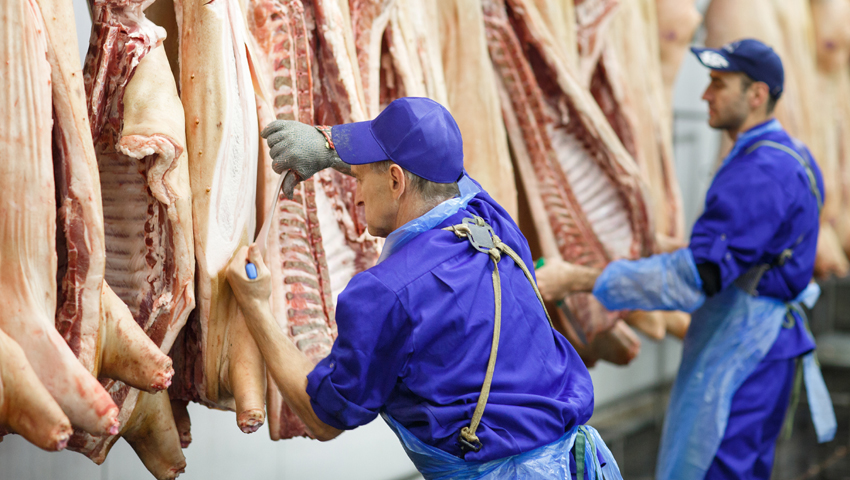MANY crafts passed on since England’s original national apprenticeship scheme was introduced in 1563 are now considered too small in scale and specialist to conform to the UK’s standardised apprenticeships system.
Indeed, FE Week reports that, “Only a quarter of the UK’s 259 heritage crafts have approved apprenticeship standards – and far fewer are being delivered.” They say that the biggest losers in the government’s mission to boost apprenticeships are traditional crafts for whom the term “apprenticeship” was initially intended.
There is also a challenge with abattoir apprenticeships.
Christine Walsh, Chief Executive of the Food and Drink Training and Education Council said, “Lack of funding and government red tape has forced hundreds of small abattoirs to close. Furthermore they are not seen as an attractive place to work. There is a need to change to survive and deliver for the next generation. Running them requires traditional heritage crafts but it also requires diversification and modernisation to attract young apprentices.
“Even when an abattoir is willing and able to recruit an apprentice, the lack of training providers, due to government underfunding, can mean that the trainee is not able to take up the apprenticeship. It is important to be taught the trade from a trained slaughterman but to survive and thrive there is a need for change to embrace current thinking such as being marketing savvy, digitally enabled and appreciating what automation can deliver to give a more modern approach to traditional business. More funding is needed so that this can be delivered by the modern abattoir apprenticeship and ensure the survival of local abattoirs.
Craft industry insiders have blamed the lack of apprenticeship starts on training providers requiring “bums on seats”. Small cohorts are simply not economically viable, often requiring financial support to ensure that key skills are not lost.
Walsh said “There are fewer than 100 abattoirs left in England, with many of the smaller ones servicing the more remote areas. It is very difficult for the Trainers or Assessors to make the delivery pay when only training one or two apprentices, as the apprenticeship funding does not cover travel time or costs. Consequently they tend to avoid these small remote abattoirs. My concern is that if the apprenticeship is not used in larger numbers, especially by the smaller businesses, it could be lost entirely.”
Phil Stocker, chief executive of the National Sheep Association said, “I welcome the general increase in energy around developing new export markets for food and drink from the UK – but we should also recognise that our own domestic market here still accounts for the majority of our production, it arguably provides industry and society with a level of resilience, and within that sector there are a growing number of people who are interested in buying locally using short supply chains, and interest too in craft and artisan foods.
“This area of food and farming needs development and investment – we are talking about small and newly emerging businesses, many of which will have future growth potential even into those new export markets, but which don’t have the same resources for research or training as large multinational companies.”
